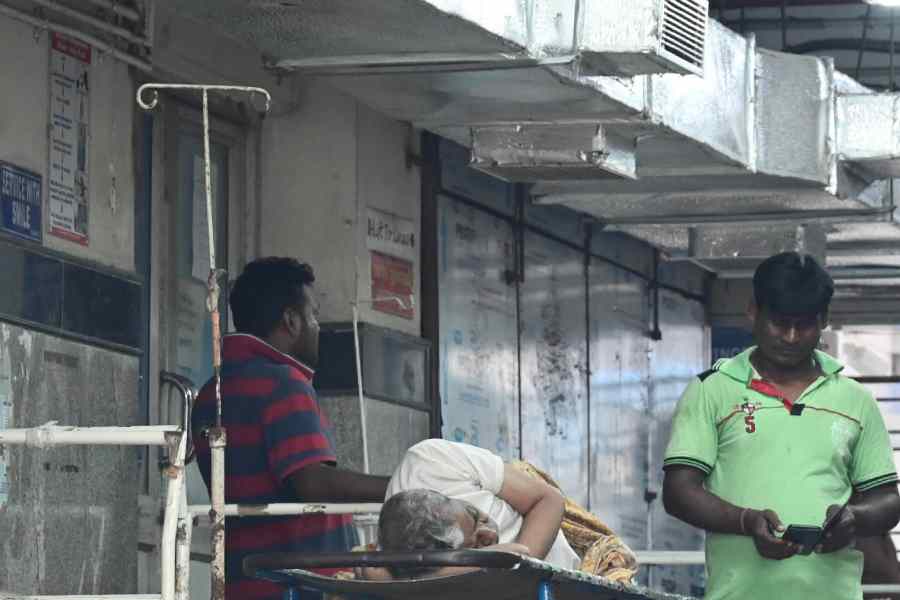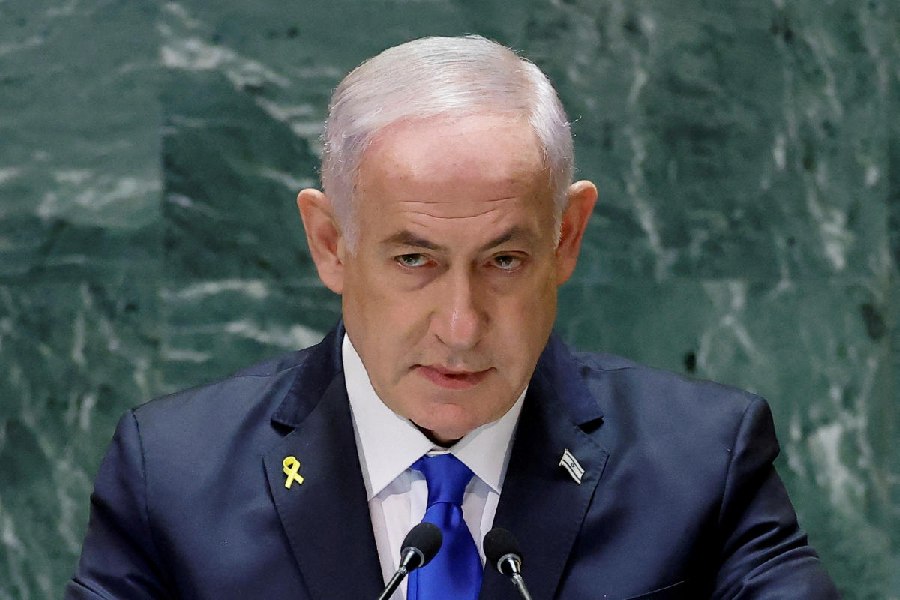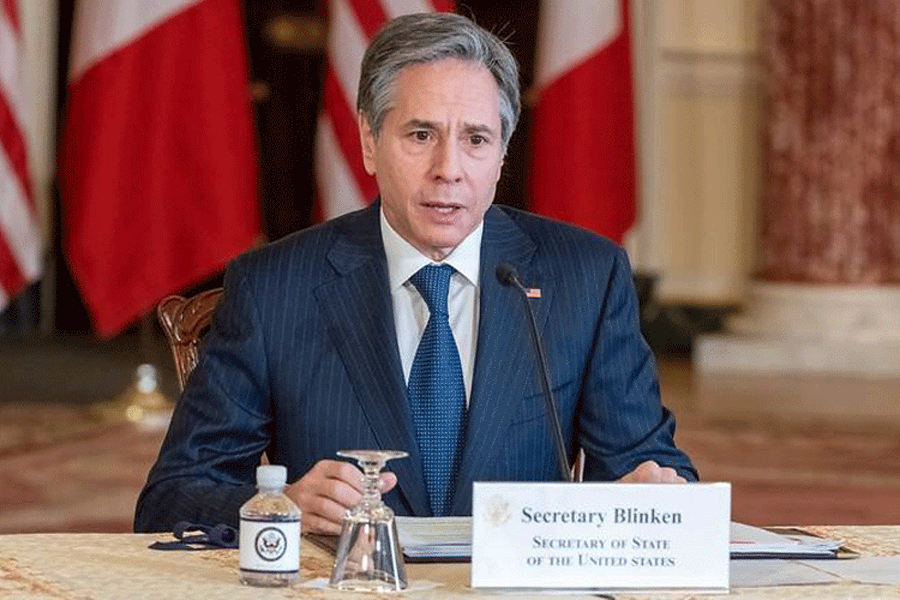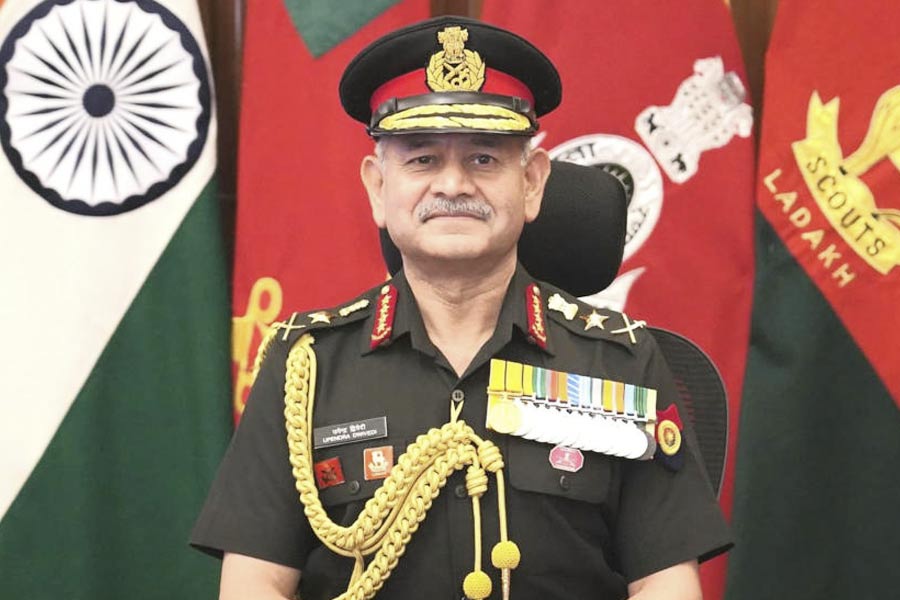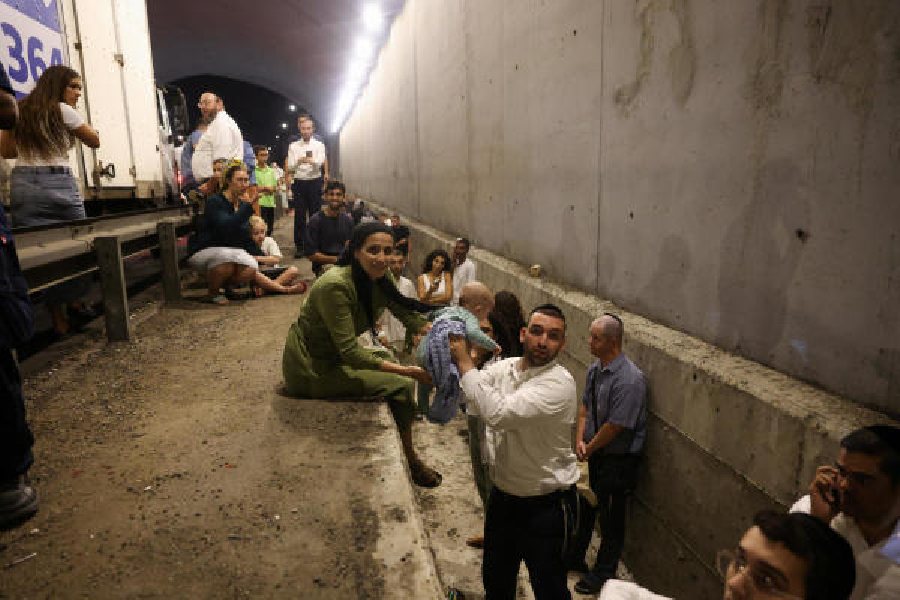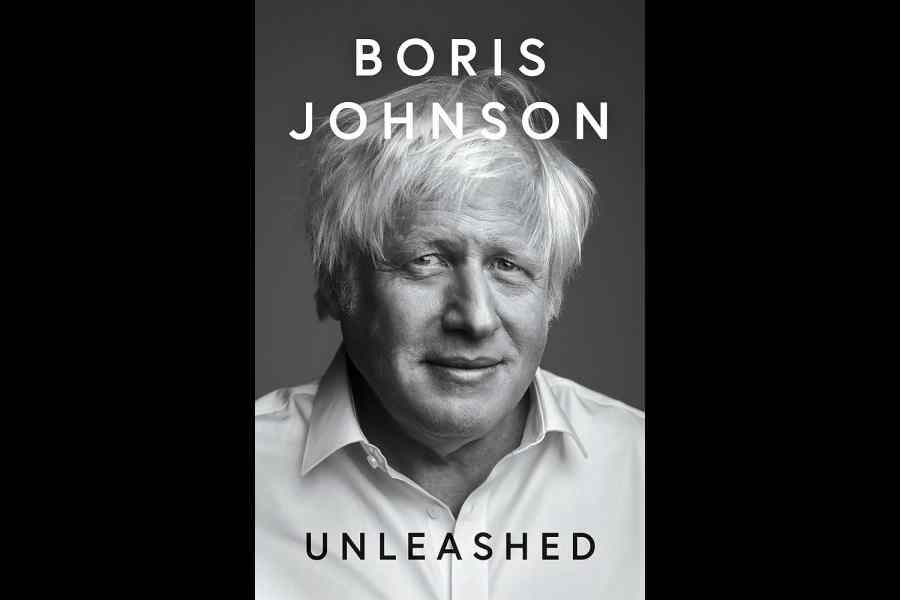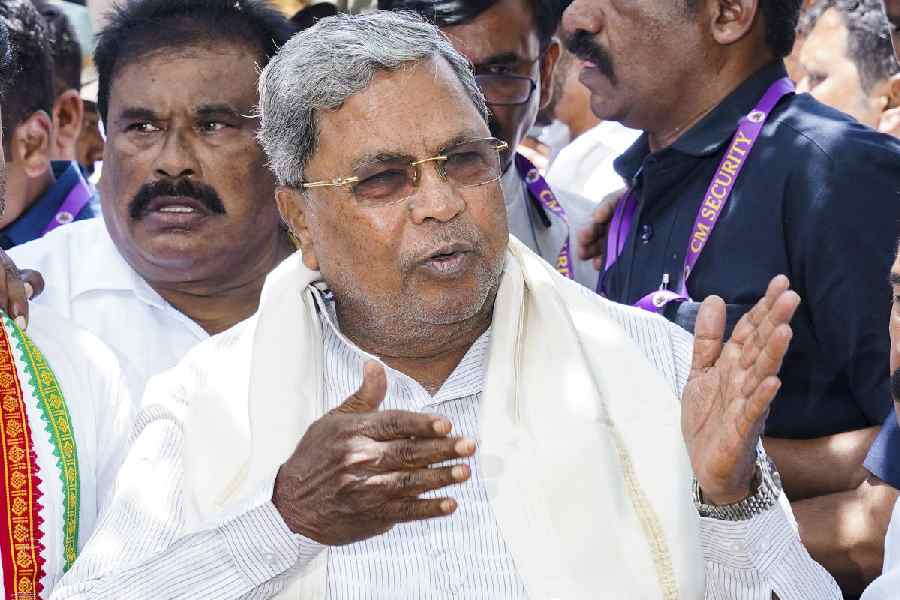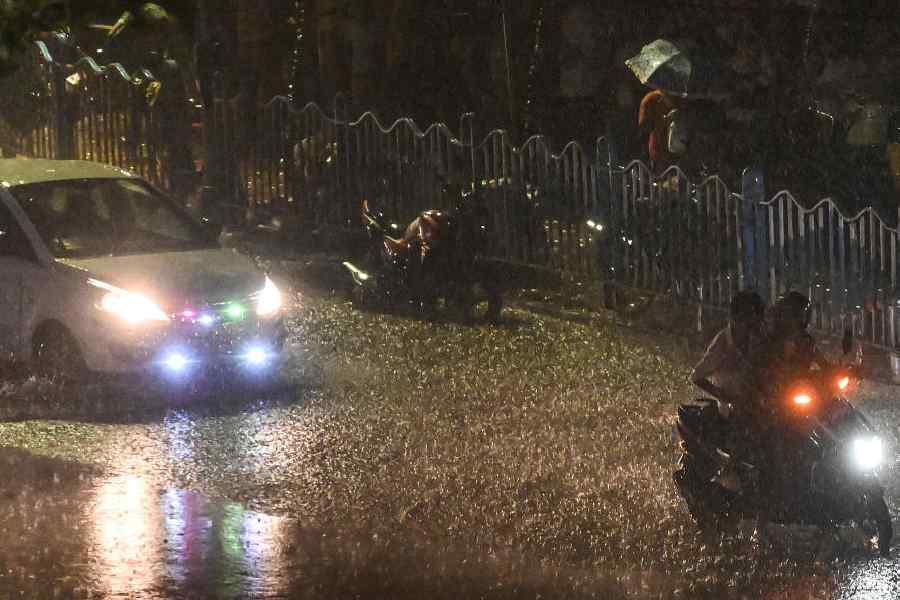Around 5pm on Monday: The Supreme Court is told Bengal’s junior doctors “have” and “shall perform essential services including IPD and OPD”.
Around 5am on Tuesday: Junior doctors announce complete cease-work. They also complain about a “protracted legal process”.
Calcutta: The healthcare delivery system in the state’s government hospitals has again been thrown into uncertainty by protesting trainees.
This time, the doctors have iterated some old demands and come up with several new ones, besides adding to the list of their bugbears that includes within its ambit the apex court and the CBI, raising questions about whether they are serious about their work.
The West Bengal Junior Doctors’ Front said it was disappointed and angry at how the Supreme Court was hearing the case. “The Supreme Court, which had taken the initiative to expedite the trial of this heinous incident, has instead only postponed hearings and reduced the actual length of proceedings. We are disappointed and angered by this protracted judicial process,” the Front said in a written statement.
The doctors also expected dissatisfaction at the “tardy” pace of the CBI’s investigation.
After the latest twist, even a section of senior doctors appeared to be moving away from the strike promoters. Indian Medical Association (National) president R.V. Asokan said the junior doctors should “go back to work” and trust institutions like the Supreme Court. “Go back to work. That is what we have appealed to junior doctors and is appealing again,” Asokan told The Telegraph on Tuesday.
“The Supreme Court is hearing the case now. We need to trust the institution. Nations are made of institutions and the citizens have to have trust in them,” Asokan said, adding: “We can be angry but at some point, we need to come down to a conflict resolution and what can be a better institution than the Supreme Court?”
Quoting the lawyer representing the junior doctors, the Supreme Court had said on Monday: “Learned senior counsel Ms Indira Jaising, appearing for the resident doctors, and counsel appearing for the… doctors categorically stated that all doctors have resumed duties and shall perform essential services including IPD and OPD.”
Hours later, the junior doctors did the opposite by going on a complete cease-work. “Unless we receive clear action from the government on safety, patient services and the politics of fear, we will have no choice but to continue our full strike,” the junior doctors said in a statement, issued around 5am on Tuesday, after an eight-hour general body meeting.
At a news conference on Tuesday morning, the junior doctors said they had gone back to the cease-work because their demands had not been met.
Asked about their counsel telling the Supreme Court that they were doing OPD (outpatient department) and IPD (inpatient department) duties, a junior doctor said they did both when required.
“Junior doctors in departments like psychiatry and dermatology that do not have emergency services were attending to OPDs. Similarly, those who performed surgeries looked after the patients for a couple of days after the surgery though the patients had been shifted to wards by then. Had this point been discussed more elaborately, the confusion would have been cleared,” said Aniket Mahato, a postgraduate trainee at RG Kar Medical College and Hospital.
“So many days have passed but we are still far from justice for Abhaya (a reference to the junior doctor who was raped and murdered). The motive for the crime is still not clear,” he said.
The statement issued by the junior doctors added they had realised “just how slow the CBI’s investigation is”.
“We have seen many times before that the CBI has been unable to reach any conclusions, allowing the real culprits of such incidents to go free due to delays in filing charges,” the statement added.
Among the senior doctors who had so far lent unequivocal support to the protests but spoke differently on Tuesday was Subarna Goswami. “It may not be sustainable to go on another cease-work at this point of time. The Puja is around the corner and many doctors may go on leave. Patient services should not be affected and junior doctors should reconsider their decision,” he said.
Grievance panel
The government on Tuesday formed a state-level grievance redress committee “to address the complaints and grievances of all stakeholders related to healthcare services”.
The seven-member committee will be headed by Sourav Dutta, a visiting consultant of head and neck surgery at SSKM. The junior doctors have demanded the setting up of a state-level task force to probe allegations of threat and intimidation.

